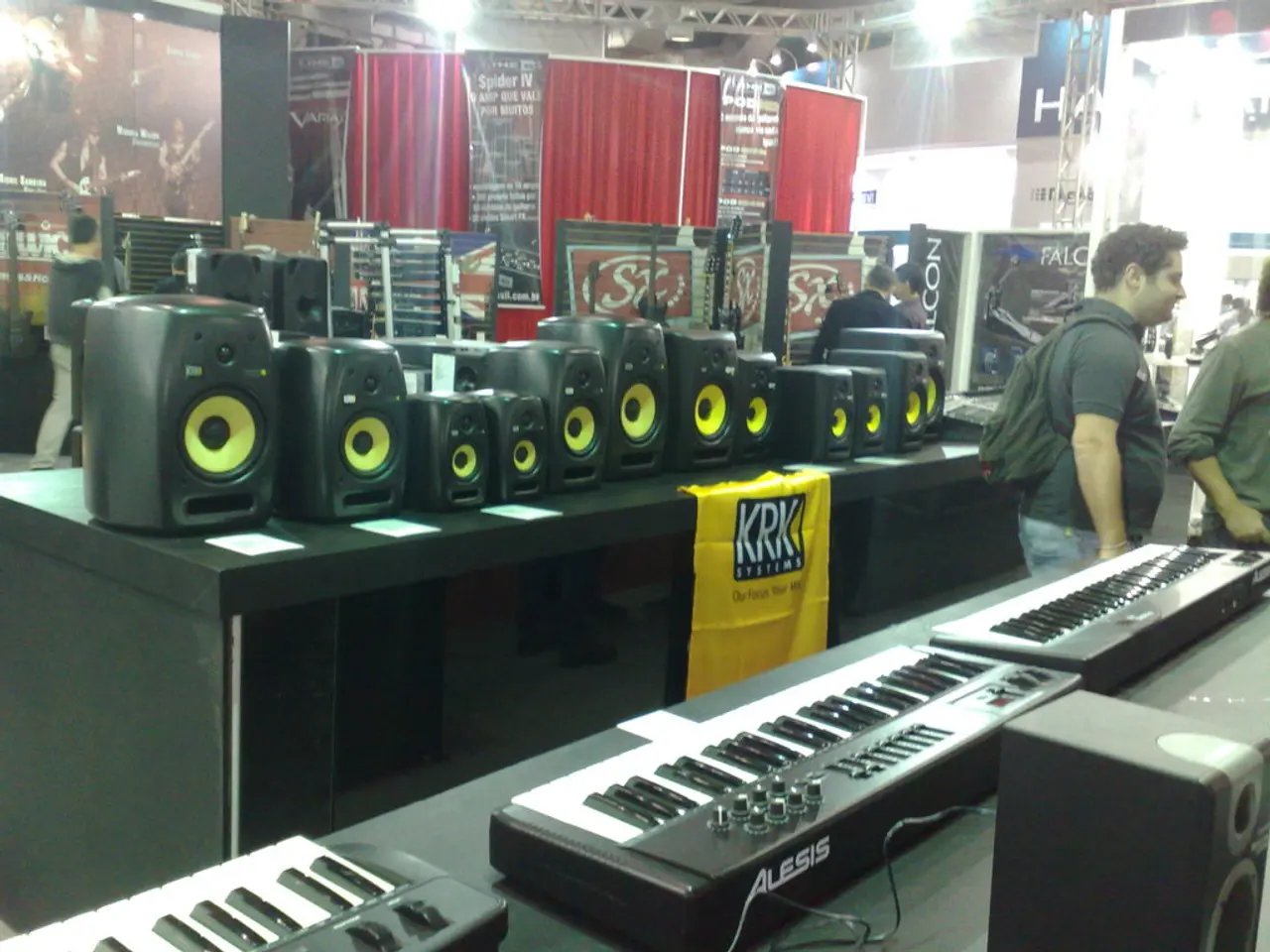Blockchain casinos facing potential changes under Europe's groundbreaking cryptocurrency legislation, MiCA
The Markets in Crypto-Assets (MiCA) regulation, set to take effect progressively from June 2024 in the EU, will impose comprehensive licensing, compliance, and operational standards on all crypto-related businesses, including blockchain casinos operating within the European Union [1][3].
For blockchain casinos, this means significant changes:
- Licensing Requirement: Casinos providing crypto-asset services such as custody, exchange, or token placement must obtain a MiCA-compliant crypto license (CASP license) from their national regulator [1][3].
- Operational Standards: These casinos will need to meet stringent rules on transparency, client protection, anti-money laundering (AML) and know your customer (KYC) requirements, and reporting. This increased compliance will raise operational costs and demand robust frameworks [1][3].
- Stablecoin Use Restrictions: MiCA mandates that stablecoin issuers hold at least 60% of reserves in EU banks. This has led major stablecoins like Tether (USDT) to pull out of or limit services in the European market [2][5]. As USDT was widely used in blockchain gambling, European crypto casinos and gamblers now face fewer options and must switch to MiCA-compliant alternatives such as USDC or EUR-pegged stablecoins [5].
- Market Adaptation: Some companies, including stablecoin issuers and exchange operators, have decided to relocate or adjust their business models due to the high compliance burden and restrictions [2]. Blockchain casinos must weigh costly compliance against market opportunities.
The MiCA regulation brings regulatory clarity and harmonization but also significant compliance burdens and constraints, particularly affecting payment options like stablecoins critical for blockchain gambling. Casinos must become licensed crypto service providers, adopt compliant stablecoins, and enhance transparency and security to legally operate within the EU [1][3][5].
MiCA also obliges casinos accepting or issuing tokens regarded as crypto-assets under the regulation to either become CASPs or collaborate with licensed intermediaries. Smart contracts used in blockchain casinos raise regulatory issues related to user protection, fraud prevention, and financial monitoring for regulators [2].
Malta or Estonia-licensed casinos, EU member countries, can now conduct business throughout the EU without navigating various regulatory environments, making international compliance with gaming platforms easier [3]. This may diminish the complexity of inconsistent national regulations.
MiCA alters the situation by compelling crypto casinos to be transparent and accountable, raising the bar for token transparency and ending the era of lowly announced tokenomics and questionable liquidity guarantees [3]. Investments in legal advice, AML software, and crypto environments will be necessary for blockchain casinos to comply with MiCA [3].
The ripple effect of MiCA extends beyond the EU, influencing blockchain projects targeting a global audience to align with European regulations. This incorporates capital reserve requirements, reporting risks related to tokens, and implementing rigorous identity verification procedures [5]. MiCA establishes a de facto standard for whitepaper disclosures, stablecoin reserves, and consumer protection, which directly applies to blockchain casinos [5].
The first step towards success in the EU as a blockchain casino is to thoroughly audit its token structure, payout system, and marketing strategy [5]. The change marks the passing of the free-market casino-on-the-blockchain days in the EU, as operators must now be serious about compliance [5].
Other nations are likely to follow MiCA and implement successful policies as the first significant crypto framework to be widely adopted [5]. As the landscape of blockchain casinos evolves, casinos must adapt to these changes to maintain a competitive edge and ensure long-term success.
[1] European Commission. (2020). Markets in Crypto-Assets (MiCA) Regulation.
[2] Cointelegraph. (2021). Major Stablecoins Exiting Europe Due to MiCA Compliance Burdens.
[3] CoinDesk. (2021). MiCA Compliance: What It Means for Crypto Businesses in the EU.
[4] Investopedia. (2021). Stablecoin.
[5] CoinDesk. (2021). What Is MiCA and Why Does It Matter for the Crypto Industry?
Read also:
- Autonomous Model Y Electric Vehicles, Helmed by Elon Musk, poised to Transform Bay Area's Ride-Hailing Market with over 100 Units
- Tesla's Recent Gigacasting Innovation Sparks Skepticism
- Tesla to Launch Public Robotaxi Service Next Month According to Musk's Announcement
- Seven's latest entrant, Dashing, is stirring up confusion among customers due to its distinct, captivating presentation in the industry.





